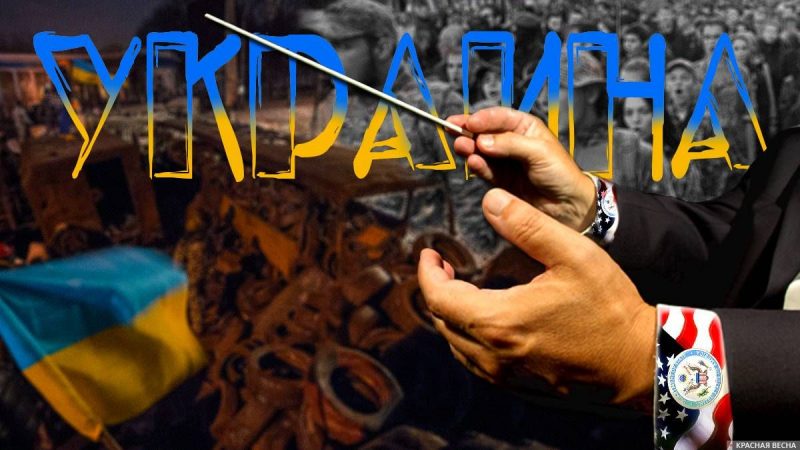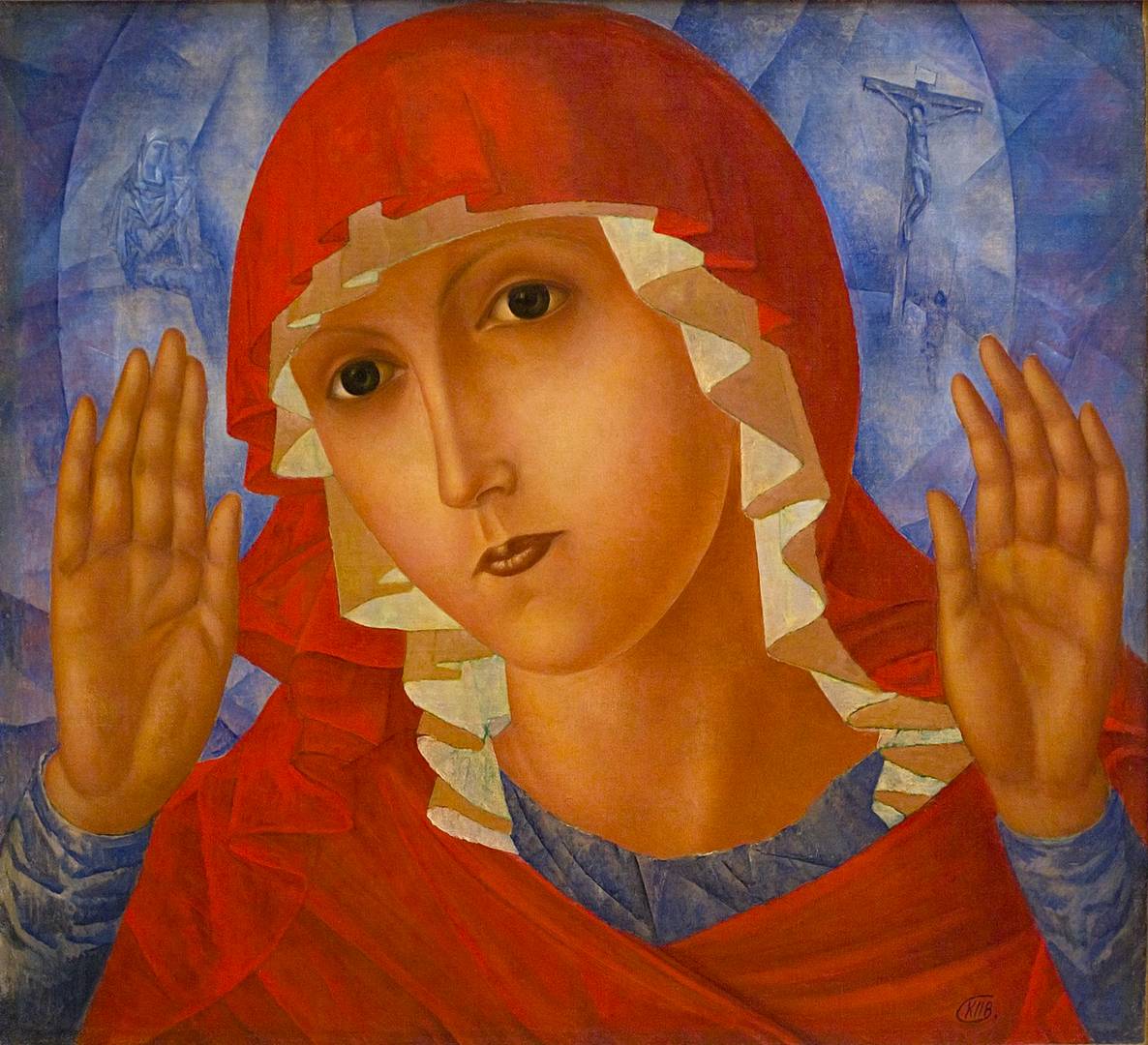01.09.2023, Moscow.
Almost all trade turnover (90%) of the Eurasian Economic Union (EAEU) will be in the national currencies of the member countries of the association [Russia, Belarus, Armenia, Kazakhstan, Kyrgyzstan – Rossa Primavera News Agency] by the end of 2023, Russian Foreign Minister Sergei Lavrov said on September 1, giving a lecture to students and teachers of the Moscow State Institute of International Relations.
On August 24, 2023, the head of the Russian government Mikhail Mishustin noted that mutual payments in the EAEU are made mainly in national currencies.
“80% of the banks of the Five states are connected to the financial transferring system,” he emphasized and urged the member states to develop a common payment space.
Background
The first President of Kazakhstan Nursultan Nazarbayev spoke about integration processes in the post-Soviet space for the first time on March 29, 1994 in his speech at Moscow State University. The speech was about the creation of a common economic space and joint defense policy.
Twenty years later, on May 29, 2014, a treaty on the creation of the Eurasian Economic Union, which included Russia, Belarus, Kazakhstan, Kyrgyzstan and Armenia, was signed in Astana. In 2017, Moldova became an observer in the union. Currently, Uzbekistan is also discussing the issue of obtaining the status of an observer country.
Often, the leaders of EAEU countries emphasize the priority of national interests in the adoption of certain decisions in the union. At the same time, the creation of a union association requires the national states to transfer part of their sovereignty to a supranational body.
This process is going slowly and painfully for the post-Soviet republics. For example, the issue of creating a single currency and a single financial regulator has caused lively debates even in Kazakhstan, which is the initiator of the EAEU.
At the same time, the example of the EU shows that the national interests of states can be preserved even if some functions of national governments are partially abandoned. In addition, the Eurasian integration project has one significant advantage over the EU – it has a common language of interethnic communication, a common history within the USSR for 73 years and non-conflict friendly interaction for centuries.
Source: Rossa Primavera News Agency




